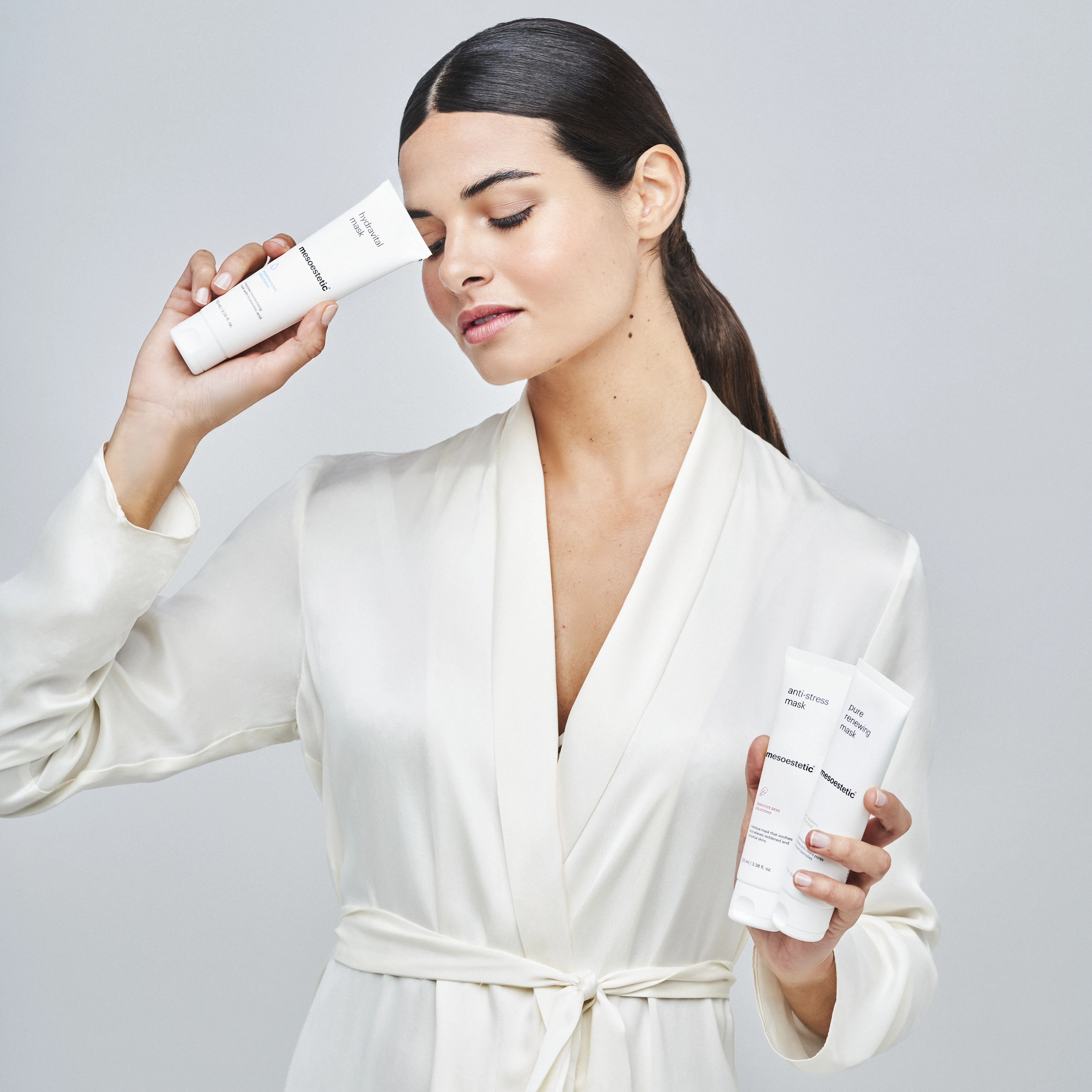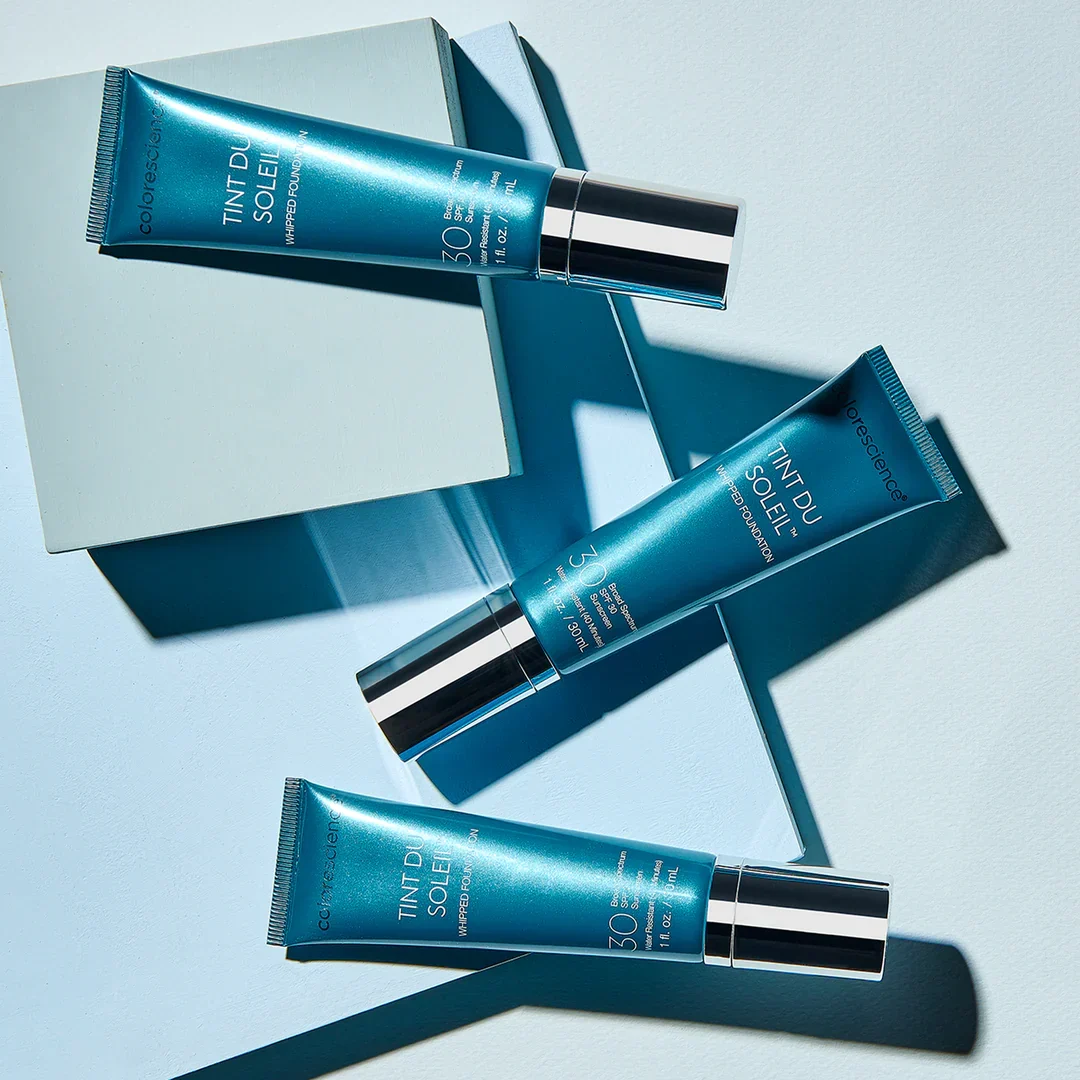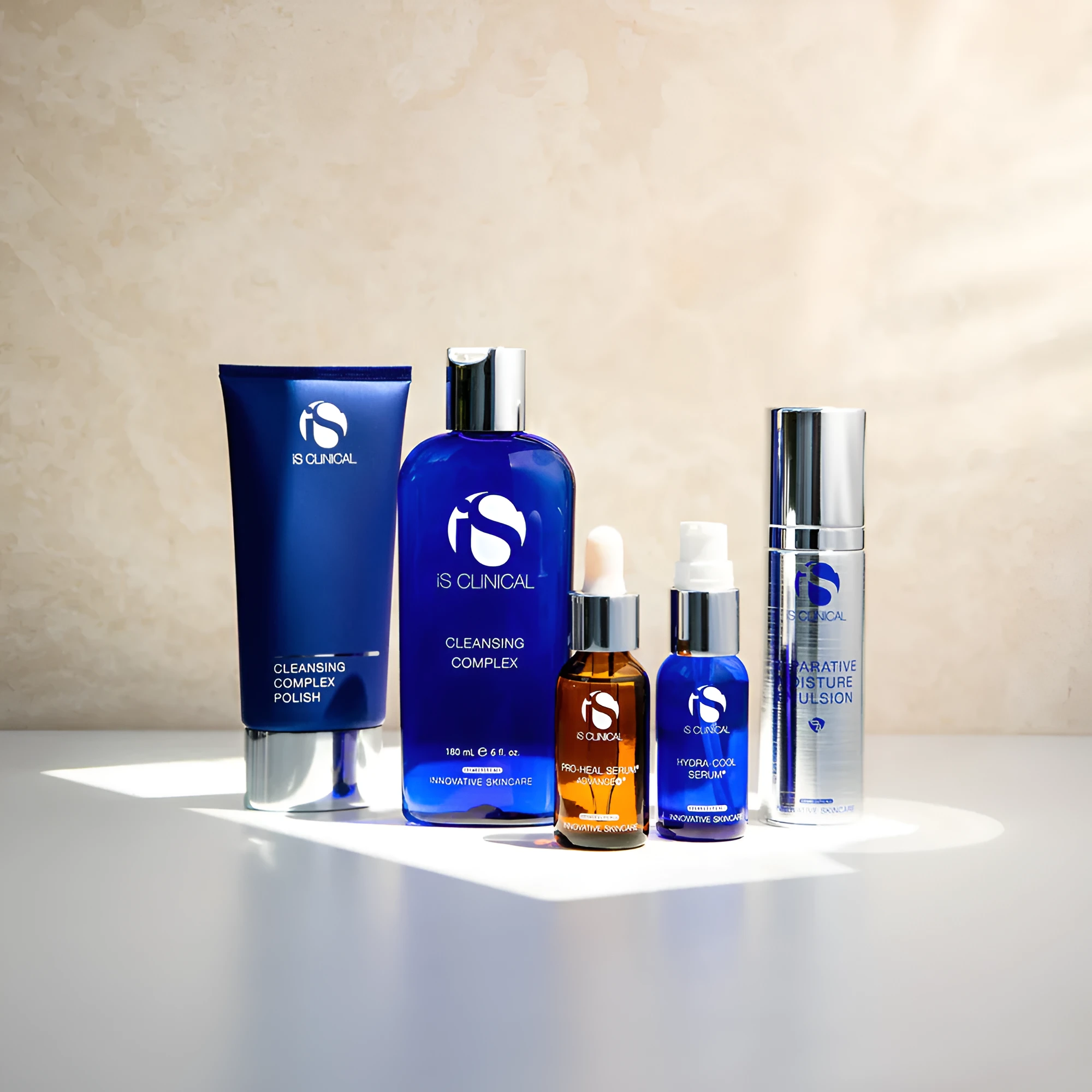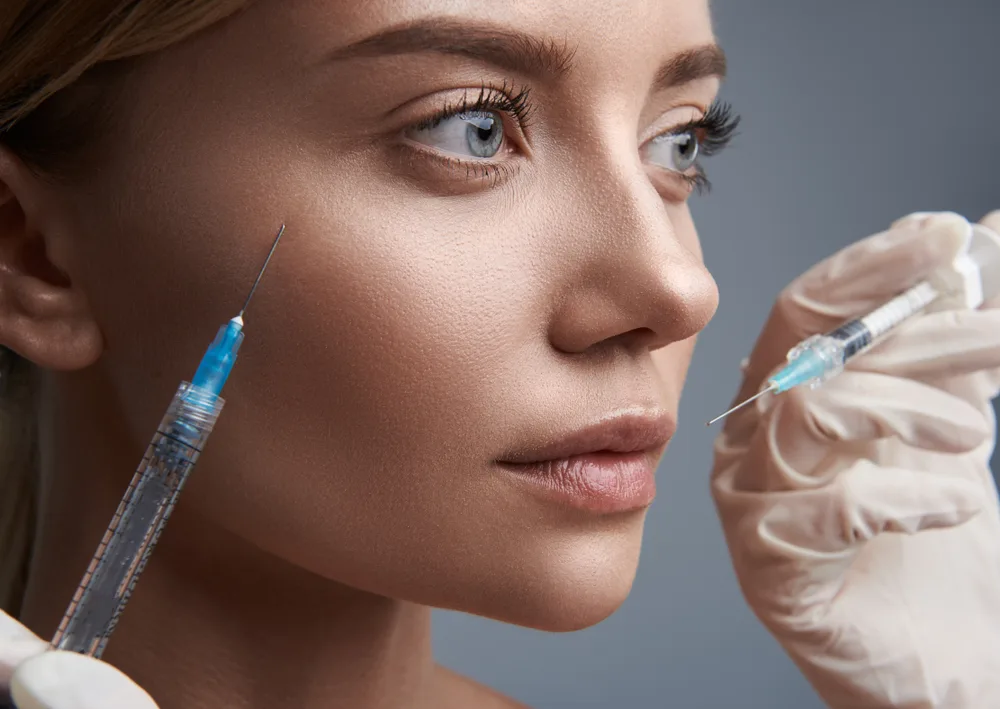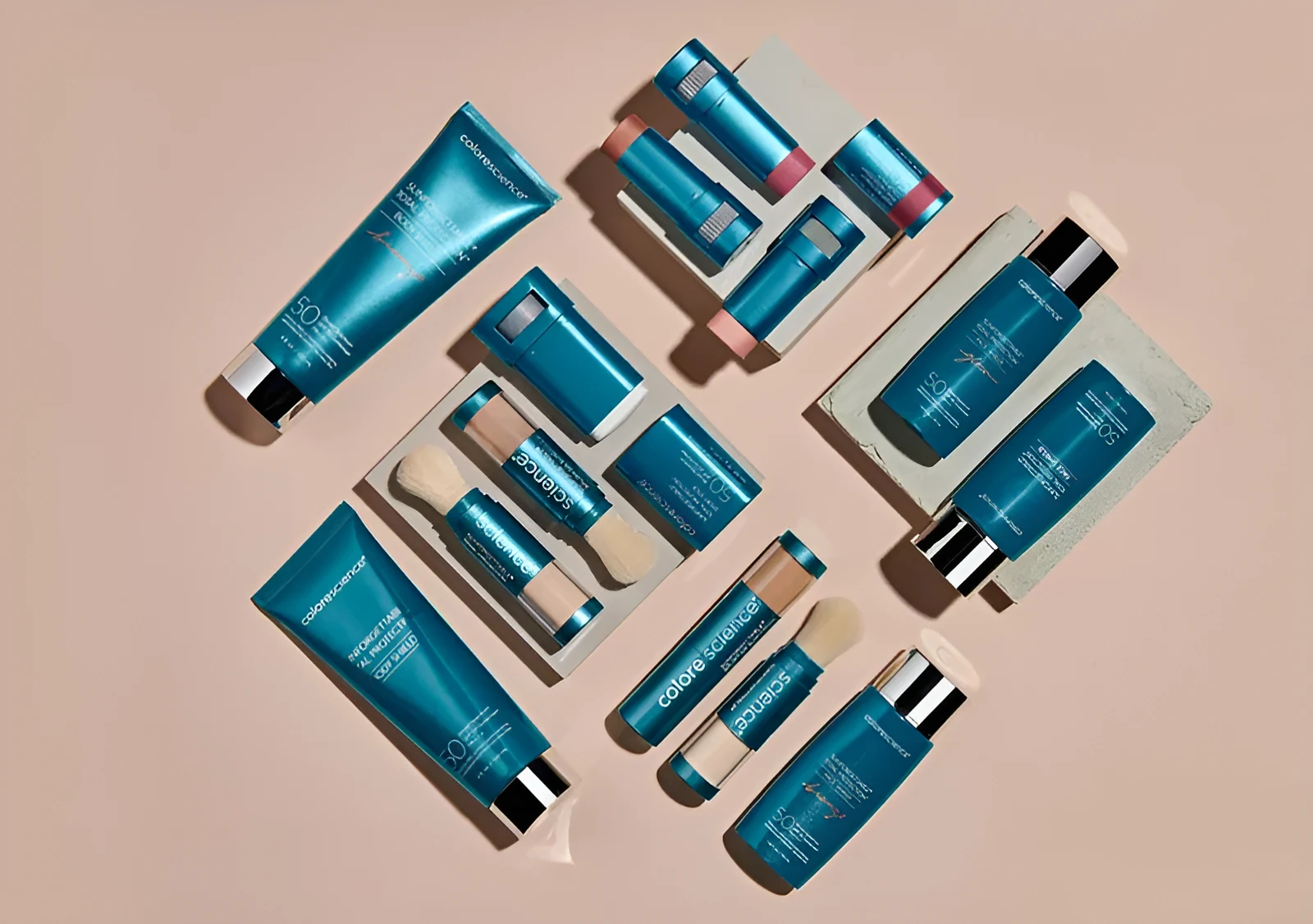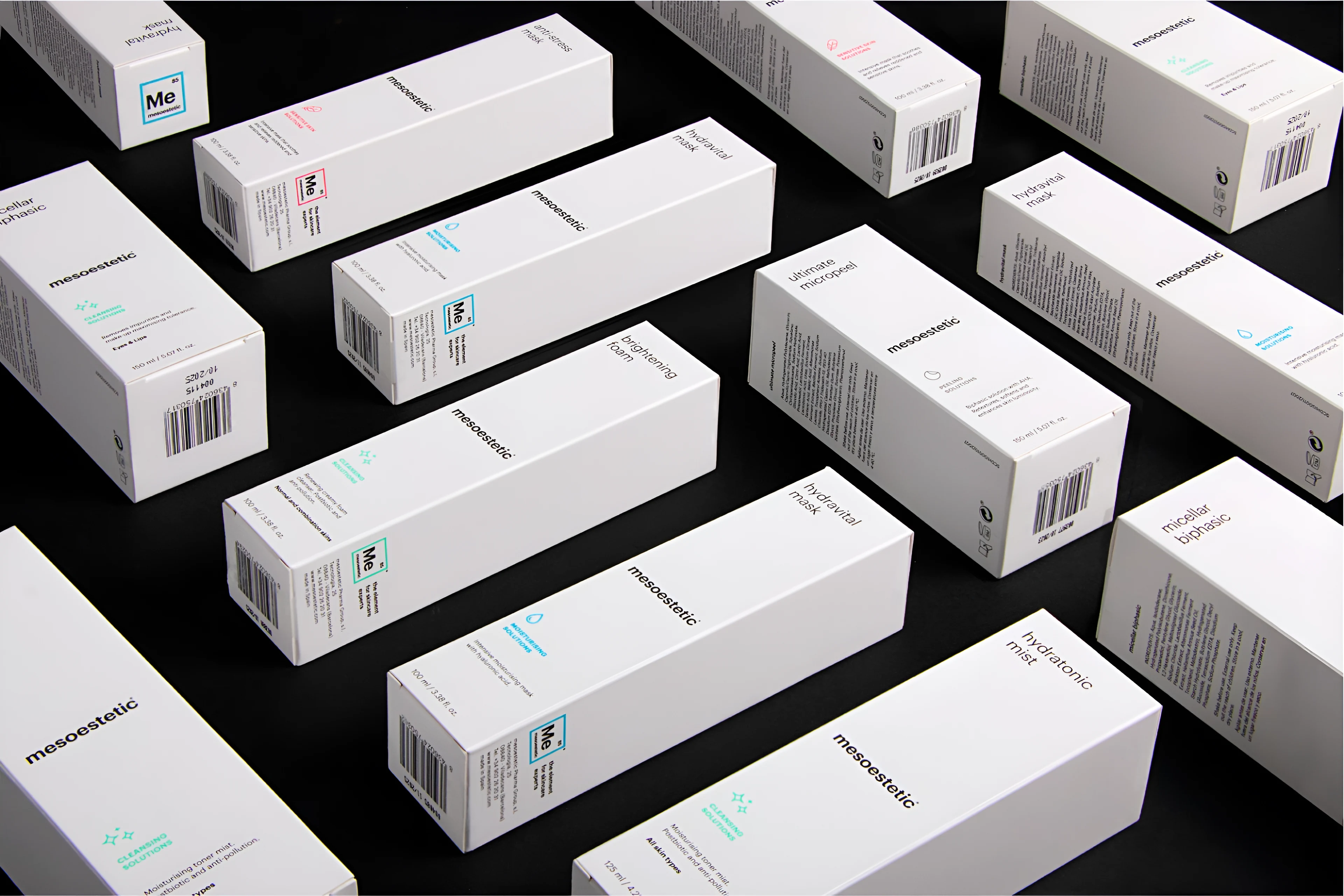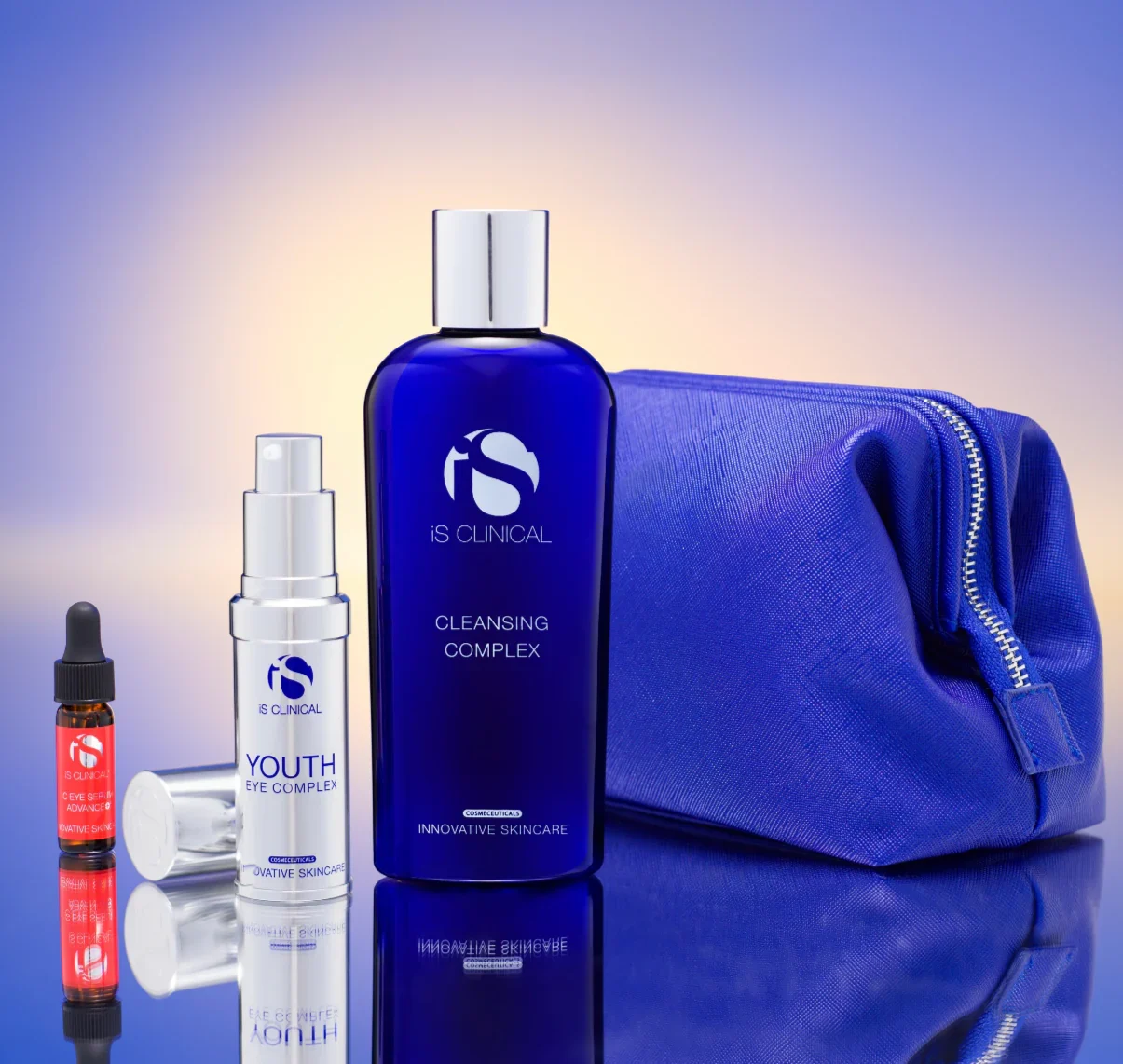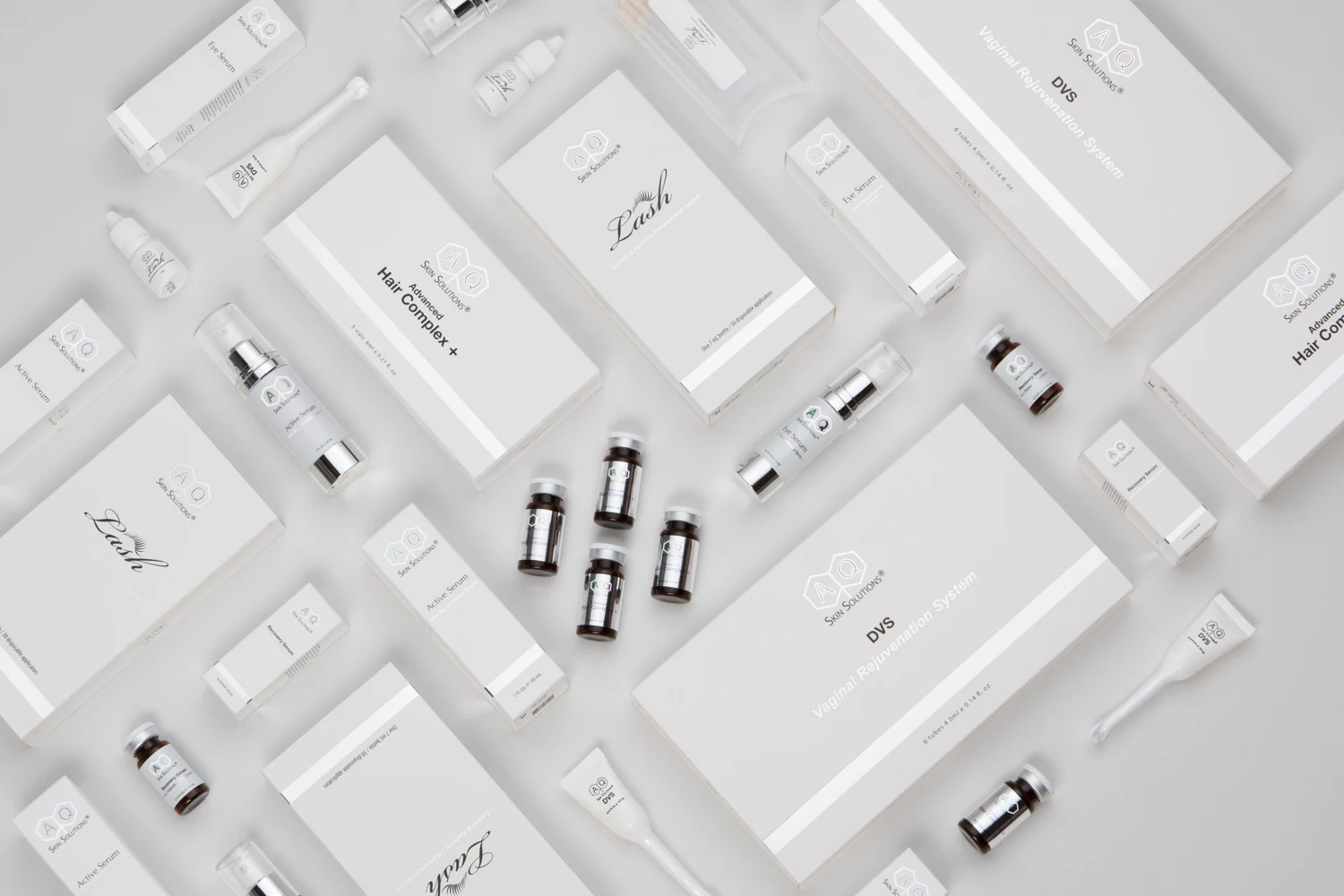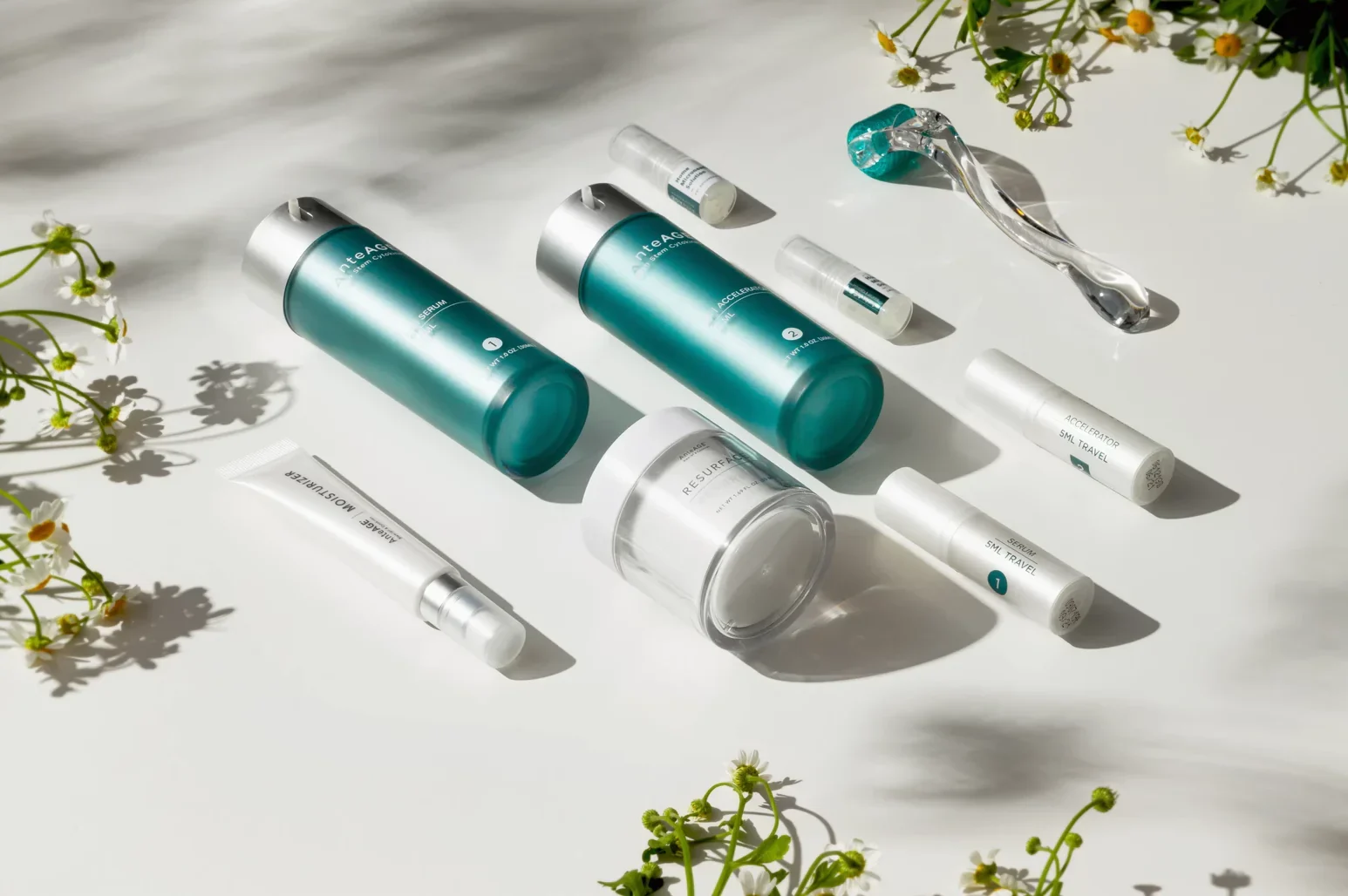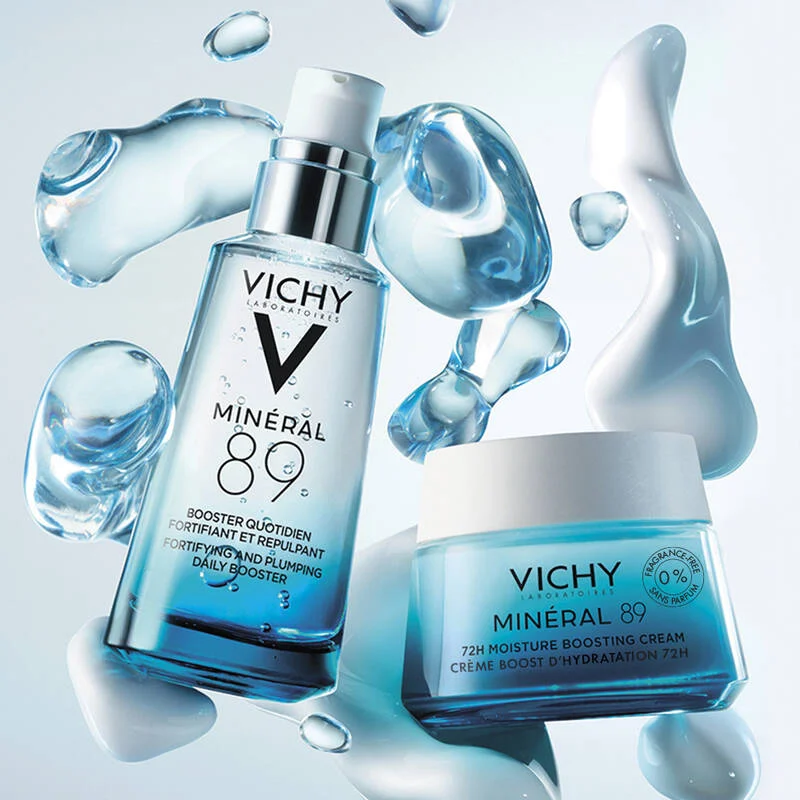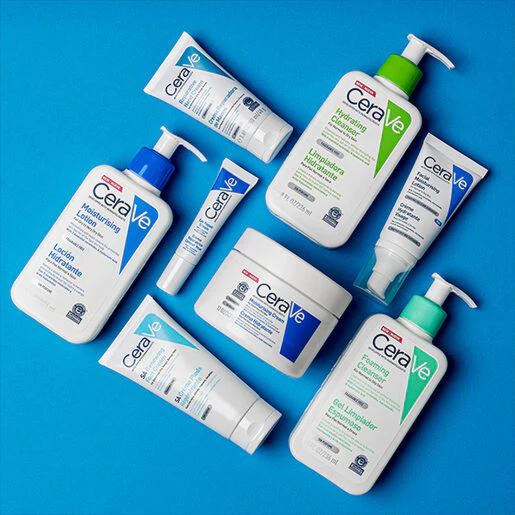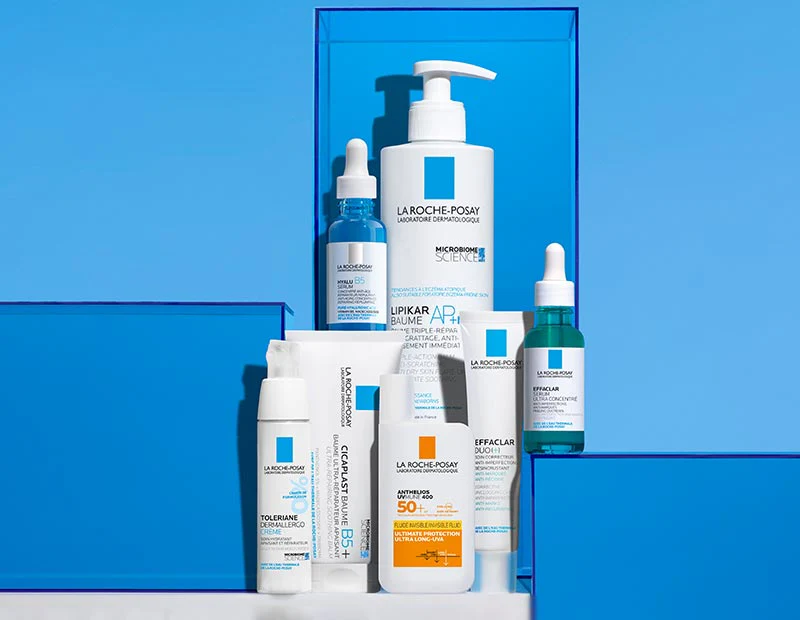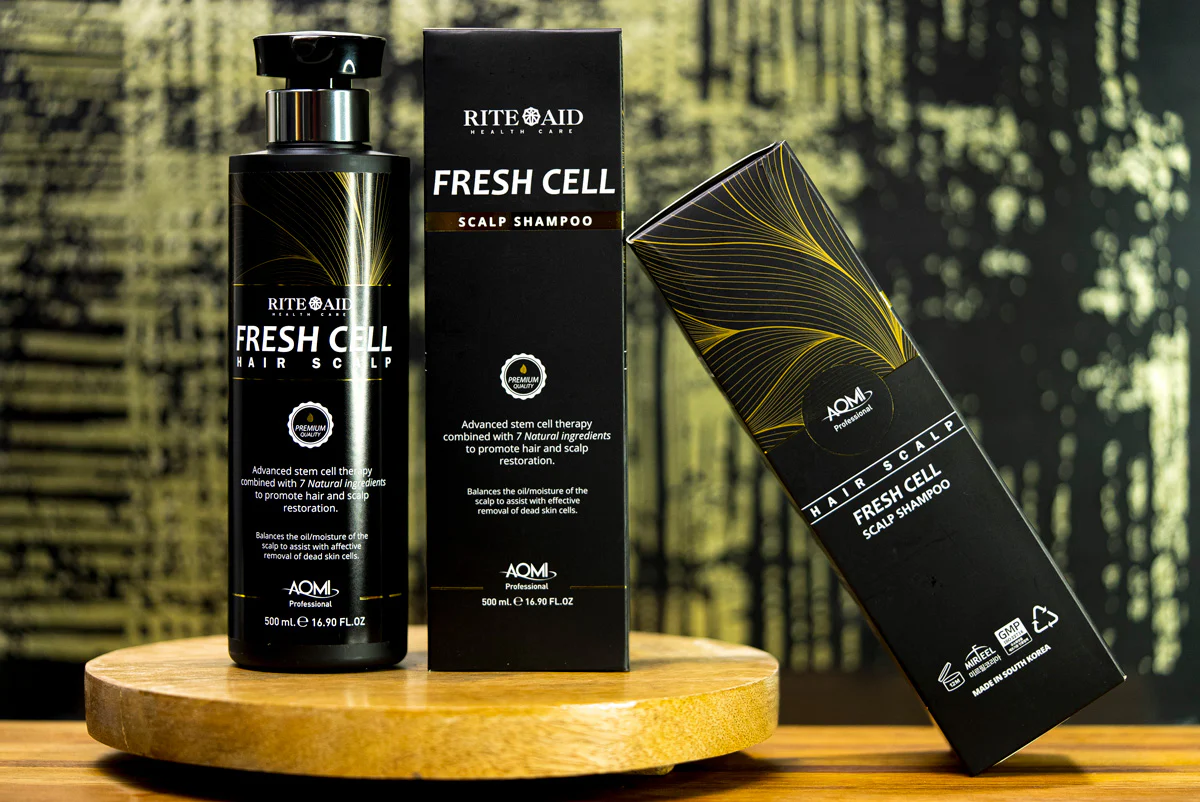Generally, it's recommended to start in your 20s to early 30s. Unfortunately, our collagen and elastin production starts to decline in our early twenties, and these are the building blocks of young, bouncy skin.
Prevention is Key
Starting in your 20s helps prevent early signs of aging, like fine lines and loss of skin elasticity. Skin naturally begins to lose collagen and starts showing signs of aging as early as your mid-20s, though it's not always visible to the naked eye at first.
Targeting Specific Concerns
In your 30s, you may start noticing more noticeable changes like fine lines, wrinkles, and changes in skin texture. At this point, incorporating anti-aging ingredients like retinoids, peptides, and antioxidants can help with these concerns.
Skin Maintenance
Even if you don't see aging signs yet, using antioxidants, moisturizers, retinols and sun protection (SPF) in your 20s can significantly help in maintaining skin health and delaying the need for heavier anti-aging products and treatments later.
Key products to consider:
- Sunscreen: This is the most important, as sun damage is a major cause of premature aging. Minimum SPF 50 with zinc oxide is preferred
- Antioxidants: They help neutralize free radicals and prevent damage.
- Retinoids/Retinol: This helps with cell turnover and skin texture.
- Hydrating products: Moisturizers and serums to keep the skin plump.
- Visit an Aesthetic Medical Doctor: Getting advise from an Aesthetic Trained Doctor is key to starting your journey with the correct products

